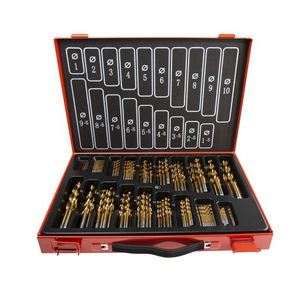
Lead-free soldering wire 756-8884coppertin
Add to favorites
Compare this product
Characteristics
- Type
- lead-free
- Material
- copper, tin
Description
On July 1 2006 the RoHS restricted the use of lead based materials in the manufacturer of electronics and electronic equipment because of the health hazard of lead. The RS Pro resin-based SAC305 is a lead free, no clean solder wire that wets more readily than SnCu based solders
• Leaves low level of clear flux residue which can be left safely on the PCB
• Wets well to all PCB and component finishes
• Ideal for all lead-free applications
• Spreads like a RA flux
• Contains 3% silver
Solder is used alongside soldering irons, particularly in securing electrical components to integrated circuit boards. The solder melts easily when heated, and cools quickly, meaning it can be moulded to secure components in place in solder joints. The quick setting nature of solder means it can also be used for light brazing
Because of its relatively low melting point, solder can be reworked easily by heating it to melting point and using a solder sucker to remove it
Solder is commonly used with SMD and through-hole components, with applications in repair, prototyping and production.
What are the differences between lead-free solder and leaded solder?
Lead-free solder is generally regarded as having a more positive environmental impact than leaded solder, and also as being safer for human use. However, lead-free solder also has potential production advantages. Lead-free solder can offer better lead spacing, which makes it more suitable for high-density components where pitches are tight. This means potentially better performance where space saving is a concern.
The advantages of lead solder are that it has a lower melting point, which is sometimes preferable for hand working components.
Catalogs
Related Searches
- Welder
- Single-component glue
- Industrial fume extractor
- Mobile fume extractor
- Plastic tape
- AC welder
- Cored wire welder
- Transparent glue
- Cyanoacrylate glue
- Soldering wire
- Soldering fume extractor
- Spot welding welder
- Soldering station
- Tape for the automotive industry
- Conductive tape
- PVC tape
- PTFE tape
- Sturdy adhesive
- Copper soldering wire
- Foam tape
*Prices are pre-tax. They exclude delivery charges and customs duties and do not include additional charges for installation or activation options. Prices are indicative only and may vary by country, with changes to the cost of raw materials and exchange rates.











